Principal Investigators in the Infections and Immunoepidemiology Branch (IIB)

Meet the principal investigators in the Infections and Immunoepidemiology Branch (IIB) and learn about their research programs.
-
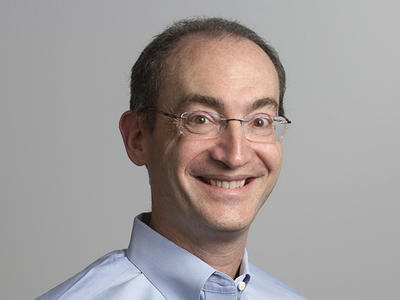
Eric A. Engels, M.D., M.P.H.
Dr. Engels focuses his research on immunosuppression, infection, and inflammation in cancer. He investigates cancer in immunosuppressed populations, including HIV- and AIDS-associated cancers. He also investigates patterns of cancer incidence in populations with solid organ transplantation.
-
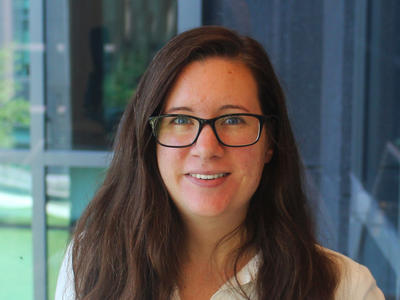
Sarah Jackson, Ph.D., M.P.H.
Sarah Jackson, Ph.D., M.P.H., focuses on sex differences in cancer incidence and survival as well as cancer screening, incidence, and outcomes. She is an Earl Stadtman tenure-track investigator in the Infections and Immunoepidemiology Branch.
-
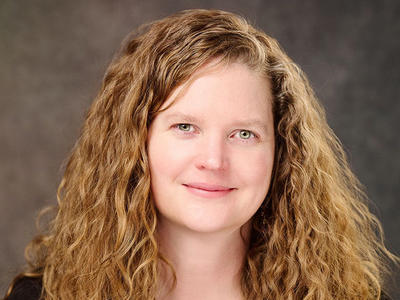
Jill Koshiol, Ph.D.
Jill Koshiol, Ph.D., focuses on elucidating hepatobiliary cancer etiology and aiding cancer prevention through the identification of cancer-related molecular pathways and targets.
-
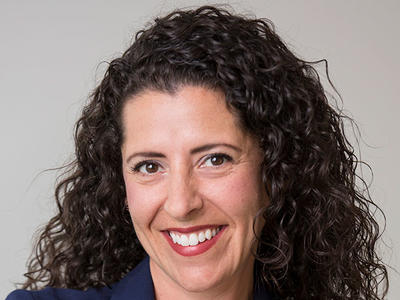
Aimée R. Kreimer, Ph.D.
Aimée R. Kreimer, Ph.D., studies the performance of prophylactic HPV vaccines, with a particular focus on single-dose efficacy, the natural history of HPV infections at multiple anatomic sites and HPV 16 E6 seropositivity as a possible biomarker for HPV-driven cancers.
-
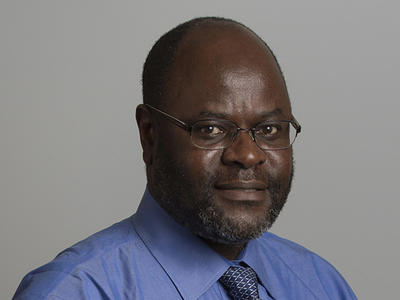
Sam Mbulaiteye, MBChB, M.Phil., M.Med.
Dr. Sam Mbulaiteye focuses his research program on the characterization of the epidemiology of Burkitt lymphoma (BL), a cancer that occurs worldwide but has its highest incidence recorded in populations of sub-Saharan Africa.
-
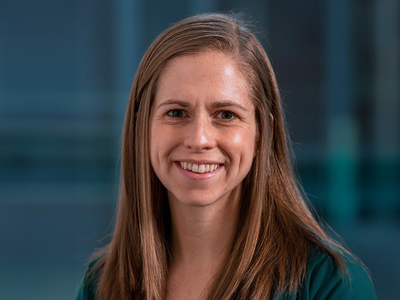
Meredith Shiels, Ph.D., M.H.S.
Meredith Shiels uses innovative approaches to confront high-impact public health questions with population-based data resources and descriptive analyses. She combines multiple population-based data resources, quantifies the contribution of risk factors to time trends, and disaggregates cancer incidence and mortality rates to reveal underlying patterns and explanatory mechanisms. Her current research program focuses on quantifying cancer risk and burden in people living with HIV; estimating the impact of risk factors on changing cancer rates over time; and understanding rising rates of premature mortality in the United States.